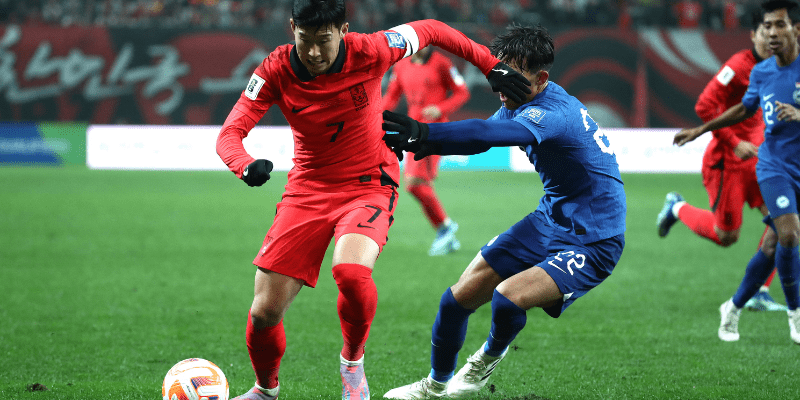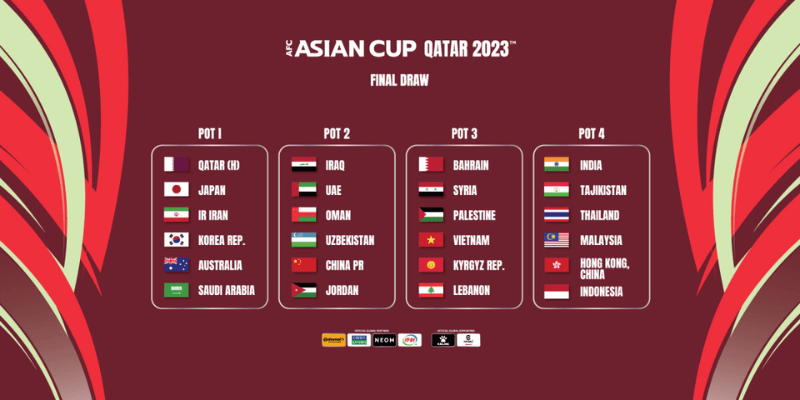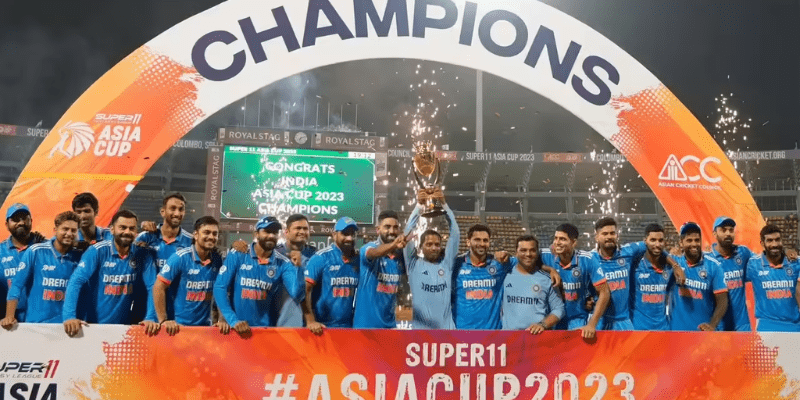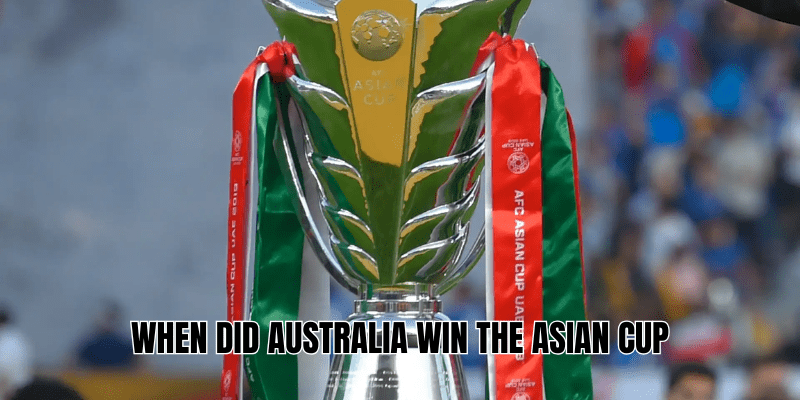In 2015, Australia won the Asian Cup — for the first time since joining the Asian Football Confederation (AFC). The Socceroos lifted the trophy on 31 January 2015, defeating South Korea 2-1 after extra time in the final, held at Stadium Australia in Sydney. This victory marked a historic turning point for Australian football.
Below, 2hanBall will take you through the full story: what led up to that moment, match details, significance, and lasting legacy.
The Road to 2015 victory

Australia’s journey to their first AFC Asian Cup title was built on several years of preparation, investment, and growing competitiveness in Asia.
- Confederation switch: Australia moved from the Oceania Football Confederation (OFC) to the AFC in 2006. This meant tougher competition and bigger stakes.
- Hosting rights: Australia was awarded hosting duties for the 2015 AFC Asian Cup, which gave the Socceroos home-field advantage. Matches were played across five cities: Sydney,rne, Brisbane, Canberra, and Newcastle.
- Team building: Leading into the tournament, Australia assembled a balanced squad with experienced players and rising talents. Key figures included captain Mile Jedinak, defender Trent Sainsbury, goalkee, and others who’d grown used to high pressure matches. Confidence and momentum had been building in the years since they joined AFC.
The final match: Australia vs South Korea — 31 January 2015
Here’s how the title-clinch unfolded:
- Regulation time
- The game remained tight, with both sides finding the net: match was 1-1 at the end of 90 minutes.
- Extra time drama
- In the second period of extra time (specifically the 105th minute), substitute James Troisi scored the winner after a cross from Tomi Juric. South Korea’s goalkee.
- Final score: Australia 2, South Korea 1.
- Venue & turnout
- The final was played at Stadium Australia (Sydney). The crowd was massive and the atmosphere electric — home advantage didn’t hurt.
Why this win meant so much

Australia’s triumph in 2015 was not just about adding another trophy. It carried deeper meaning and several milestones:
- First Asian title: It was Australia’s first senior men’s AFC Asian Cup win since they joined the AFC. Before that, their continental honours came in the Oceania confederation.
- Prestige & proof: Winning on home soil under pressure showed that Australia belonged at the top tier of Asian football.
- Global next steps: The win qualified Australia for the 2017 FIFA Confederations Cup. It also cemented their reputation among Asian football fans and nations.
Aftermath and legacy
The impact of Australia’s 2015 Asian Cup win is still felt. Here are the key lasting effects:
- Growth of the game: The victory boosted interest in football across Australia — in youth academies, in grassroots investment, in fan engagement.
- Raised expectations: With proof of what is possible, subsequent tournaments saw higher expectations.
- Inspirational moments: James Troisi’s extra-time goal, the defensive grit, and the home crowd’s support are often relived as defining moments.
- Asian Cup history: Australia joined the group of nations that have won the Asian Cup, ending their wait. They remain among the elite in the continent.
Australia’s Asian Cup history in brief

To help you understand the full picture, here are some fast facts about Australia’s history in the Asian Cup:
- They first participated soon after joining AFC.
- 2015 remains their only win in the senior men’s AFC Asian Cup as of now.
- Hosts in 2015, which helped leverage home support.
Key players and moments
A few individuals and moments stood out:
- James Troisi — scored the match-winner in extra time, instantly becoming a national hero.
- Tomi Juric — involved in the assist for the winning goal; caused pressure in crucial moments.
- Trent Sainsbury — strong defensive performance, later named man of the match in the final.
Other times Australia came close
- Before 2015, Australia had never won the Asian Cup, so other editions (2007, 2011) ended without lifting the trophy.
- In 2019 and 2023, their performances were strong, but the title-win remained elusive.
Conclusion
If you’ve been wondering when did Australia win the Asian Cup, now you know: 2015 was the moment. It was their first senior men’s Asian title, sealed with a 2-1 extra-time win over South Korea on 31 January 2015 on home soil.
For 2hanBall readers, this victory shows what a team can achieve with passion, preparation, and home support. Want to dig deeper? We’ve got match statistics, full player breakdowns, and video highlights if you’d like to relive that final. Let us know what you want next — perhaps a look at Australia’s standout Asian Cup matches or profiles of their key heroes?







